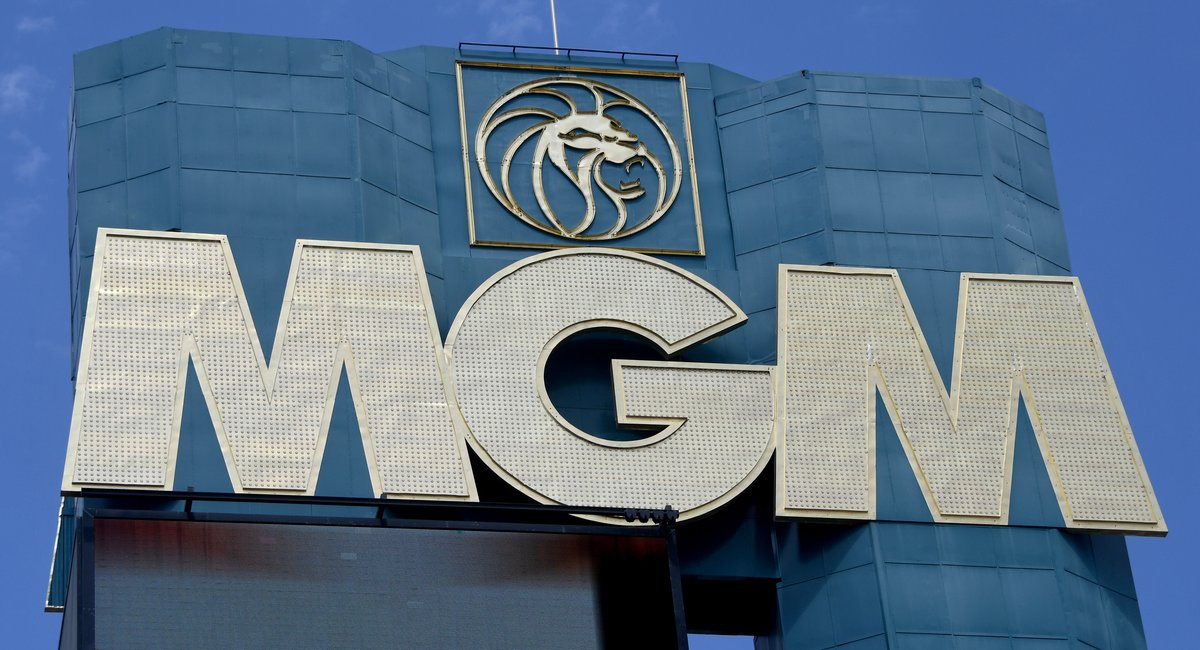
MGM Resorts ends bid to bring full-scale casino gambling to Yonkers
MGM Resorts announced Tuesday it was withdrawing its bid to bring full-scale casino gambling to Yonkers.
The surprise announcement comes just two weeks after the MGM Empire City proposal qualified for the final round of the state’s downstate licensing competition. It leaves just three projects vying for up to three casino licenses being awarded by the state.
The remaining bids are Bally’s Bronx and Resorts World New York City and Metropolitan Park, both in Queens. The state Gaming Facility Location Board is expected to choose the winning bids in December.
MGM Resorts said in a statement that the decision was economic, owing to the fierce competition that would result from the potential existence of multiple casinos within the five boroughs.
“Since submitting our application in June, the competitive and economic assumptions underpinning our application have shifted, altering our return expectations on the proposed $2.3 billion investment,” the statement read.
However, the move brought a strongly worded response from Westchester County Executive Ken Jenkins, who said in a statement he was “shocked, disappointed and deeply dismayed” by MGM Resorts’ decision.
“Frankly, this decision makes little sense — especially after MGM had just been celebrating its advancement through the first round of the process,” Jenkins said.
He alleged, without asserting any evidence, that President Donald Trump, whose Trump Organization stands to reap tens of millions of dollars in profit if the Bally’s Bronx bid is awarded a license, had intervened in the process.
“There appears to be more to this story — potentially influence or pressure from the Trump administration, or even the president himself, that forced MGM’s hand to default to Bally’s — a move that could result in a profit of roughly $115 million for Trump,” said Jenkins, a Democrat.
There was no immediate comment from the White House. The Bronx bid, which would be sited at Ferry Point Park, is currently home to a city-owned golf course, but Bally’s paid the Trump Organization $60 million for the lease. If the casino proposal is approved, Bally’s would pay another $115 million to the Trump holding company.
Jenkins’ sentiment was echoed by Yonkers Mayor Mike Spano, a fellow Democrat, who said in a statement the MGM decision was “nothing short of a betrayal to the people of Yonkers and Westchester County.” He also called on Gov. Kathy Hochul to investigate, “because the reasons MGM gives for its 180-degree reversal just don’t add up.”
Hochul told reporters on Wednesday she was “surprised” by the decision and shared Spano’s disappointment, but didn’t believe an investigation was warranted.
“ I have no evidence to suspect that there’s any wrongdoing in this decision-making,” Hochul said. “I think MGM knows … they made their own probably financial decision based on what their needs are.”
Yonkers officials have been vocal about the importance of securing a full casino license at the raceway site. The proposal submitted by developers would have expanded upon the existing facility, which includes the Yonkers Raceway and Empire City Casino, by adding three full-service restaurants, a parking garage and a new entertainment venue, while turbocharging the current gaming area.
“ If Yonkers does not get one of the three full casino licenses, Empire Casino will wither and die,” James Cavanaugh, a member of a community advisory committee appointed by Spano, said in September.
Evan Stavisky, the president of the lobbying firm Parkside Group, who was not involved in any of the existing bids, said the MGM proposal was weakened by the absence of a new hotel.
“A full-service hotel would create additional jobs and presumably greater economic return on the license, which is a criteria the state looks at,” Stavisky said.
He said the sudden withdrawal of the project meant that the three remaining bids were in a relatively stronger position. This included the delicate matter of deciding their own tax rates as part of the bidding process. State guidelines set a minimum tax rate of 25% on slot gross gaming revenue and 10% on other forms of revenue.
“Assuming the applicants have not yet proposed tax rates to the state, it certainly changes the calculus as to how much they need to give the state in order to be awarded a license,” Stavisky said. “It went from being a seller’s market to a buyer’s market.”
Brian O’Dwyer, the chair of the state gaming commission, said earlier this month that members of the gaming facility location board were currently reviewing “thousands of pages of material” related to each of the finalists, with an emphasis on the economic impact of each bid.
O’Dwyer said each of the projects began “on the same starting line,” and that state officials were not obligated to award all the available licenses.
“We can give out up to three, but we need not give three,” O’Dwyer said.
This story was updated with additional comment.
First Appeared on
Source link






